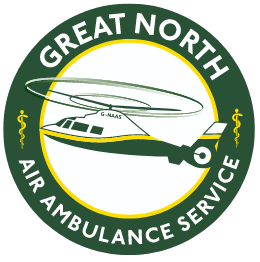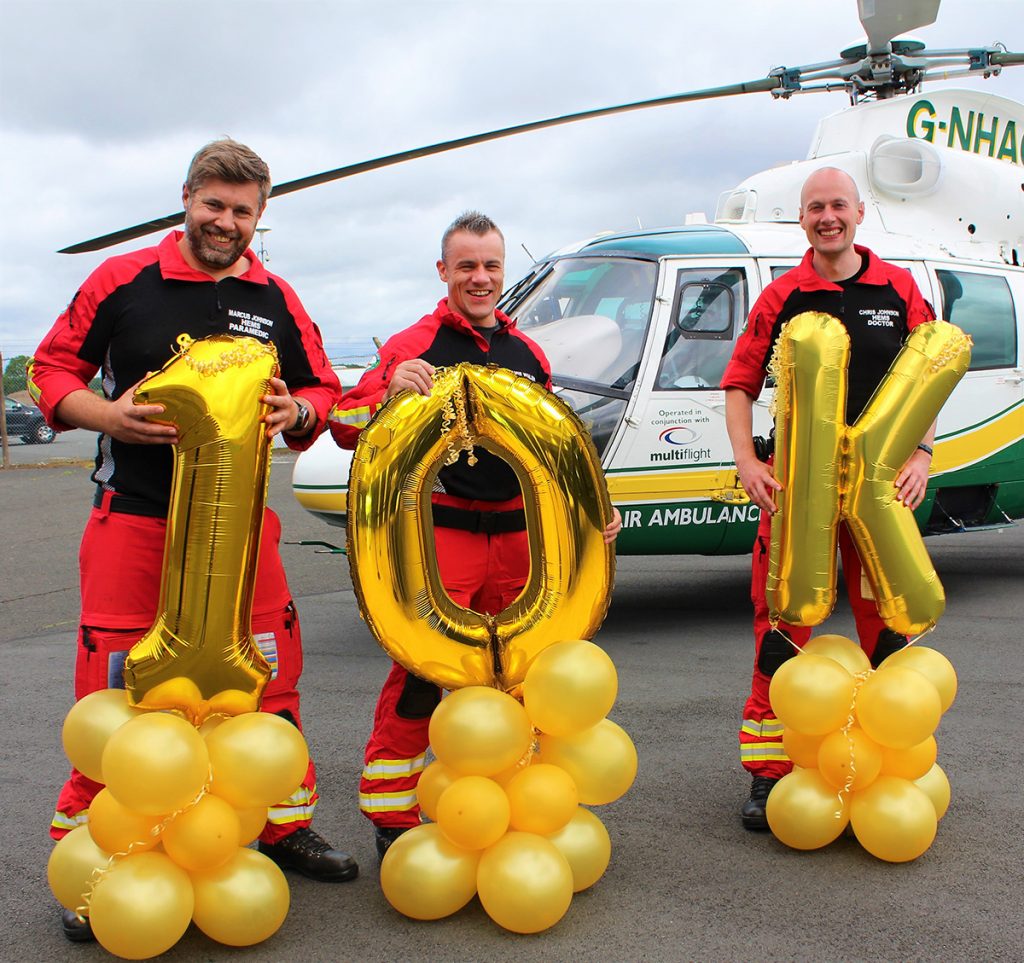As the only air ambulance service based in Cumbria, rural incidents make up a significant proportion of our call-outs.
Among these call-outs are people working on one of the thousands of farms based in the county, so we had a chat with Lee Salmon, our head of operations for Cumbria and the Isle of Man, about the role GNAAS plays in the farming sector.
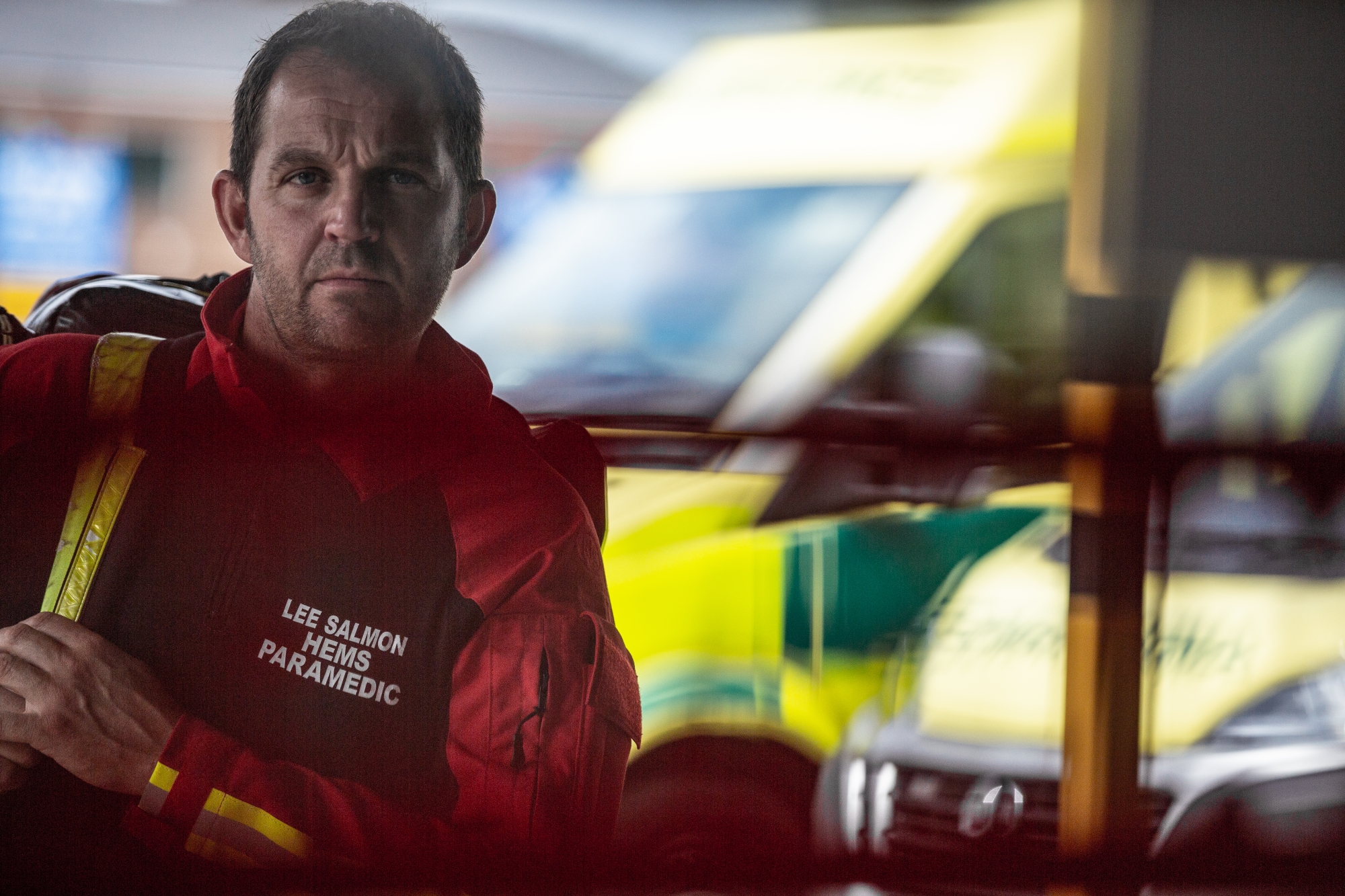

If a farmer has an incident in a rural area, what is the best way to let the emergency services know their location?
When it comes to farming, working alone or in remote areas is often part of the job. That’s why it’s crucial for farmers and farm workers to know their exact location at all times. Statistically, farmers are much more likely to suffer trauma due to their long hours, pressure from weather conditions, and the use of complex and dangerous machinery.
Therefore, knowing your precise location is essential in these situations, and while applications such as what3words are useful, in moments of panic, spelling words correctly can be challenging, and they are often misheard.
Grid references remain the gold standard. They may not be as accurate, but with a correct grid reference, we can always find you. Many free mobile phone applications can provide this information, making them invaluable tools for farmers.
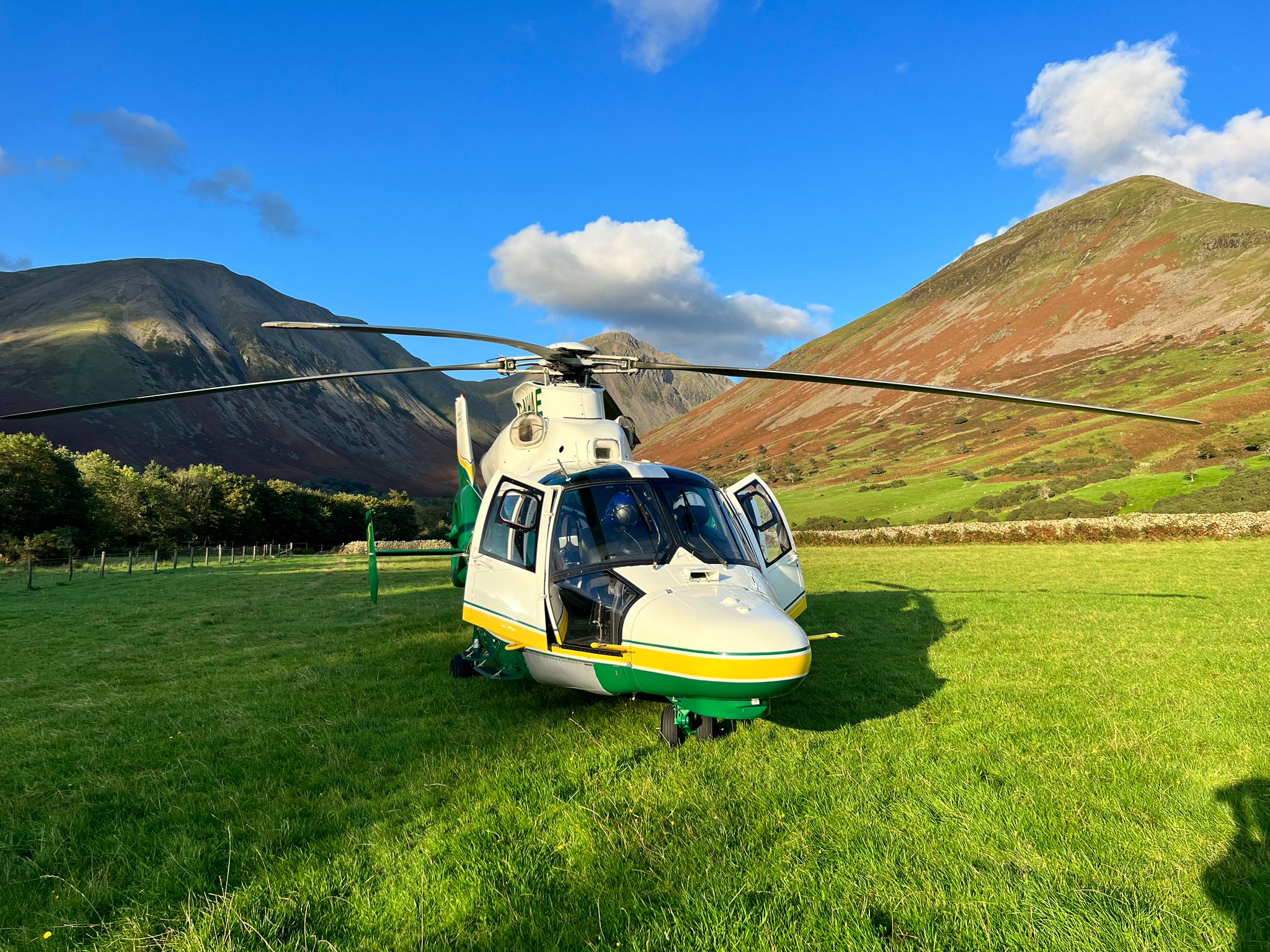

What types of incidents do you usually attend in the farming sector?
Road traffic collisions are common, particularly involving young men driving powerful cars or tractors. Machinery accidents are also frequent and can be fatal, especially when handled by inexperienced individuals.
Incidents where farmers are crushed by bales or cows are also common. Usually, it’s an older farmer who may not have the mobility they once did. When a heifer spins around and pins you against the byre wall, and you’re not in shape to jump that fence, it’s going to hurt.
We also see many incidents involving family members because farming often requires an all hands on deck approach when it’s time to gather hay or row up the grass.
Farming is a demanding and often dangerous profession, but knowing your exact location and having basic first aid knowledge can make a critical difference in an emergency. Stay safe out there, and always be prepared.
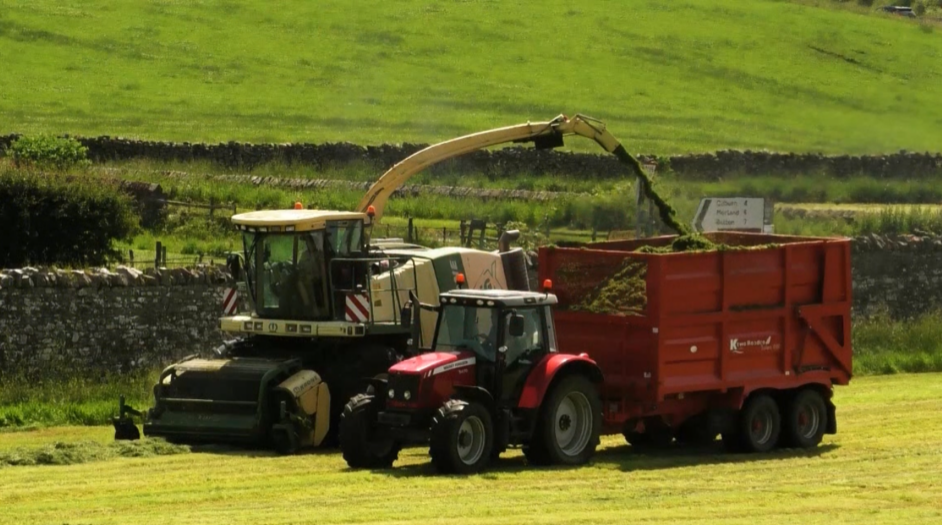

What first aid advice would you give to farmers in an emergency?
The appropriate response in an emergency depends on the situation. For instance, if there’s severe bleeding, applying direct pressure to the wound can be life-saving, but for someone who has lost a hand in machinery, applying indirect pressure to the blood vessels above the wound is more beneficial.
The reintroduction of tourniquets has been crucial, so if in doubt, apply one. If the patient can get up and run off, they likely didn’t need it. Conversely, if they don’t even squirm, they absolutely did.
